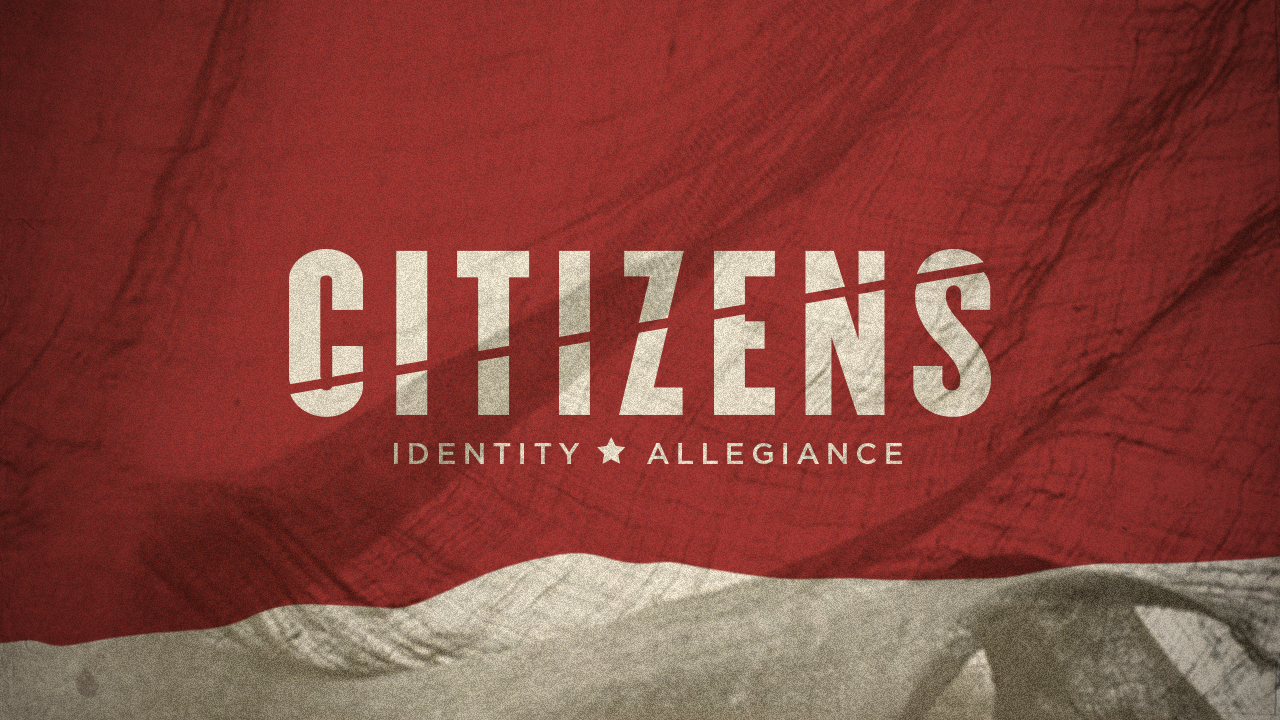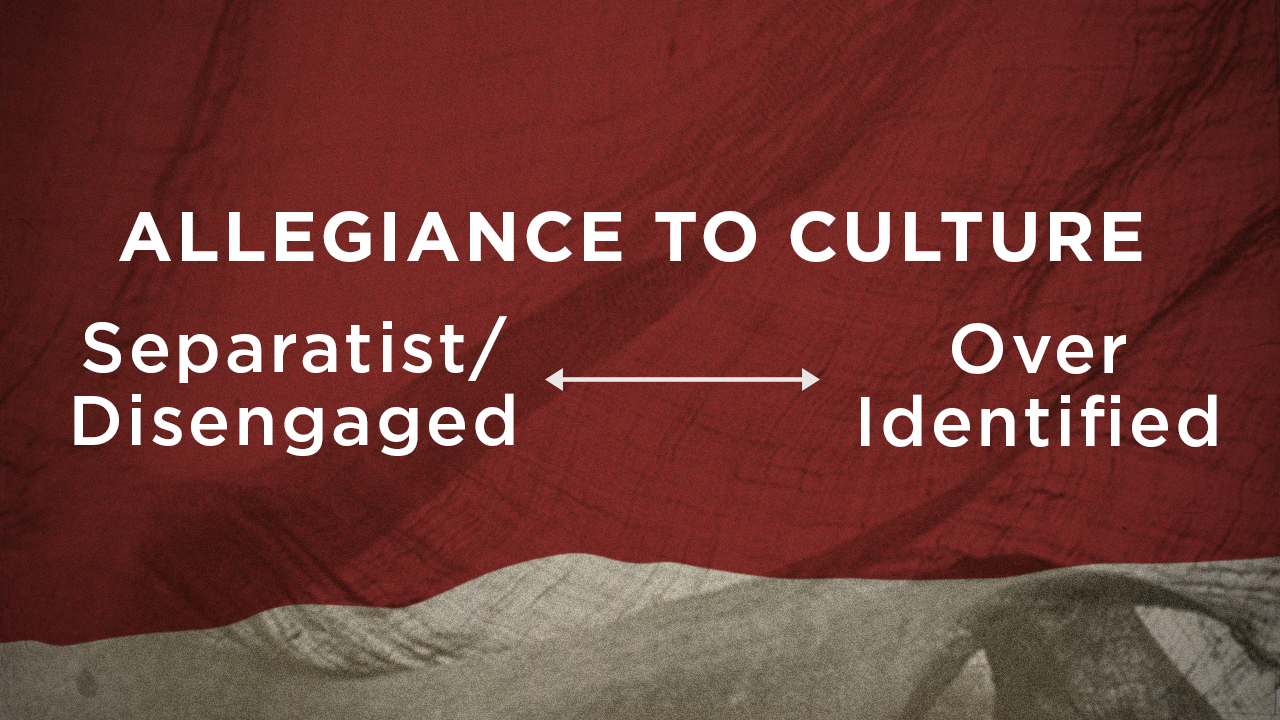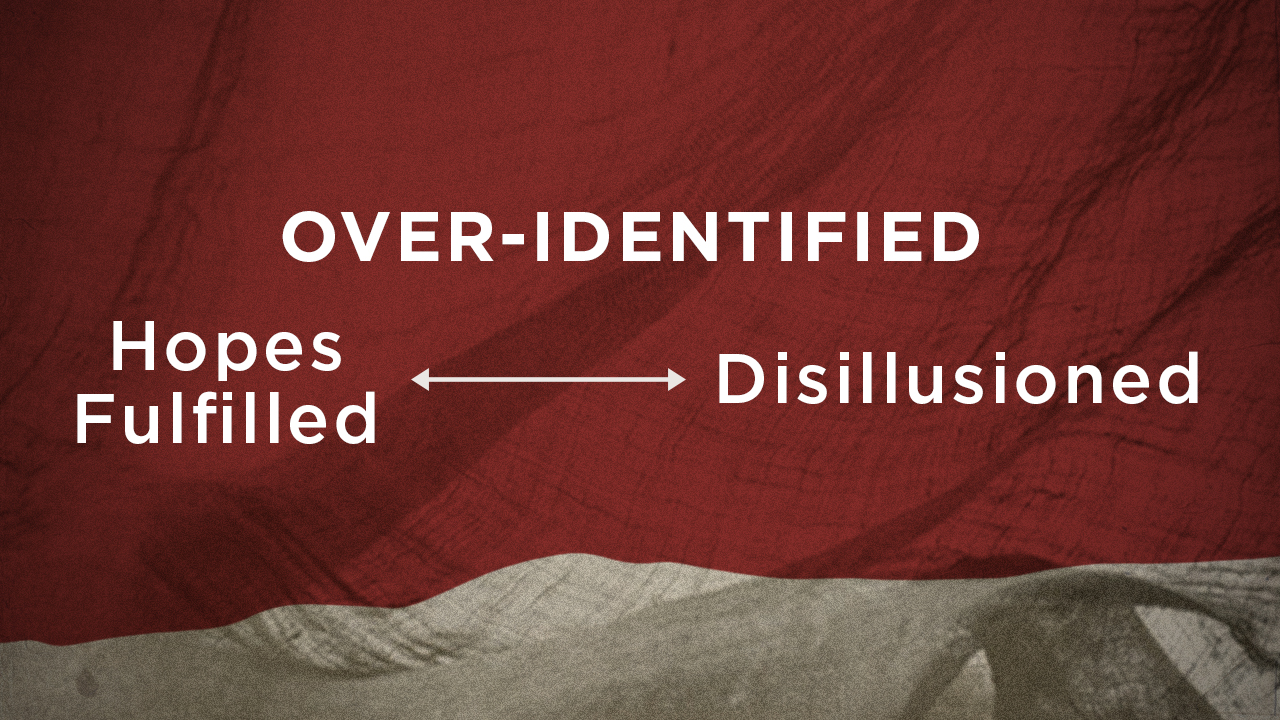
14 Jul Recap | Citizens | Identity
As our culture swirls due to recent social injustices and controversial government decisions, the responses we offer will reveal the true nature of our hearts. By our responses, we are able to discover where we have placed our identities. Do our responses reflect that we are citizens of heaven and not of this world?
In the book of 1 Peter, the apostle Peter labors to strengthen his audience’s grasp of their new, true identity as citizens of heaven. As people adopted into the family of God, we have died to our old selves and have been changed at a heart level. The entirety of who we are has been completely transformed. As we are distracted by the immediacy of the physical world before us, the largeness of our histories and heritages, and the mundaneness of everyday life, it becomes difficult to consistently reckon upon our new citizenship. However, the fact remains that our salvation spelled the end of our old identities, and now we are “temporary residents and foreigners” (1 Peter 2:11) in a world that is not at all where we are meant for. As the pastor Vance Havner said, “If you are a Christian, you are not a citizen of this world trying to get to heaven; you are a citizen of heaven making your way through this world.”
Living in America, the contrast between our heavenly and earthly citizenships is especially muddled. We have been immensely blessed to have a right to a public practice of faith and to live under law that in some ways conforms to the moral law of God. In our country, and especially in the south, being a Christian has been comfortable and even encouraged for us. Further, our citizenship here has afforded for many of us an affluence that has seized our hearts. The physical trappings of modern America are not at all evil, but they are inarguably enticing to us.
What we must understand is that our country does not hold a special place in the grand narrative of Scripture. Though it may seem like America is a Christian nation, and though our hearts cling to the prosperity we have found here, we simply cannot split our allegiance between our nation and His Kingdom. The contrast between old citizenship and new remains as vast as ever, even if it has not always been clear.
The spectrum of our allegiance to our culture may be visualized in this way:


On the other end, people are disillusioned by recent events. These people have expected the culture at large to adopt and own their values. Now, as the culture fails to measure up to what they thought it would be, their response to recent events may have been fear, distress, panic, or anger. Here is where most in our church would most likely be found.
Either of these responses reveals to us an error in where we have placed our identities and a misunderstanding of our true citizenship in heaven.
Earlier in Peter’s letter, Peter appeals to his audience to “be holy in everything you do, just as God who chose you is holy” (1 Peter 1:15). Both individually and as a church, Christians are meant to be distinct and set apart from a fallen culture. To an extent, we have forfeited our right to talk about current issues because we have merely been reactive in communicating God’s truth about them, and we have only communicated a half-truth at that. To communicate in a powerful way, and to be set apart, we must present God’s truth to the world in a proactive and holistic way.
Startlingly, Peter denounces his audience’s former Judaism, saying that it was an “empty life that [they] inherited from their ancestors” (1 Peter 1:18). With their new citizenship, Jewish Christians’ old heritage has passed away and been replaced by a superior one. In the same way, our many different heritages are no longer what define us as Christians.
Paul also discusses this idea in his letter to the Ephesians: “For [Jesus] himself is our peace, who has made us both one and has broken down in his flesh the dividing wall of hostility…that he might create in himself one new man in place of the two, so making peace” (Ephesians 2:14-15, ESV). In the same way that God made Jews and Gentiles into one new man, God has made Christians of all different backgrounds into one new man, giving them an utterly new humanity. Now, we are able to shed our old heritages at the Cross and be grafted as one people into the body of the crucified Man upon it.
Application
• Some of us have found a home within American culture and adopted the values of the culture. Do you personally interpret Scripture by our culture, or do you interpret culture by Scripture?
• If you are angry, distressed, or fearful about the moral direction of our country, have you been expecting too much of our culture?
• If God reveals to you that your identity is misplaced, are you willing to submit to Him in this area?
• Are you willing to embrace the shame of being associated with Jesus and being His ambassador in our culture?
-Brian Barbee
To listen to, view, or download this sermon, visit our website here.
Worship Songs from the Weekend
- The Name: Psalm 135:13, Joshua 9:9
- Kingdom Come: Matthew 6:7-13, Psalm 98:4
- But God: 1 Peter 2:9, Ephesians 2:4-7
- Sovereign Over Us: Genesis 50:20, Jeremiah 29:11, Isaiah 55:8-9, Romans 8:28
- Jesus Paid It All: Romans 6:22-23


